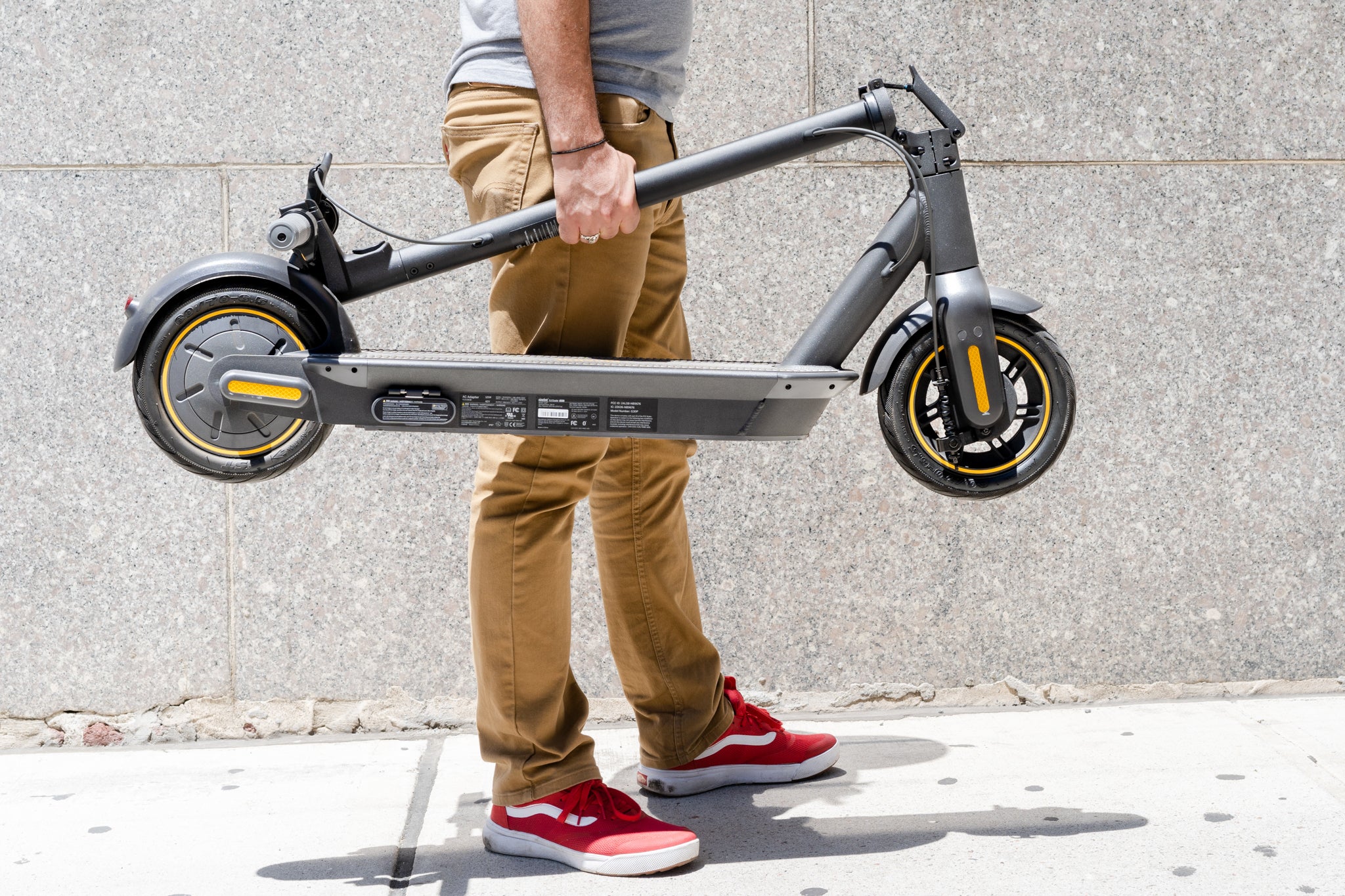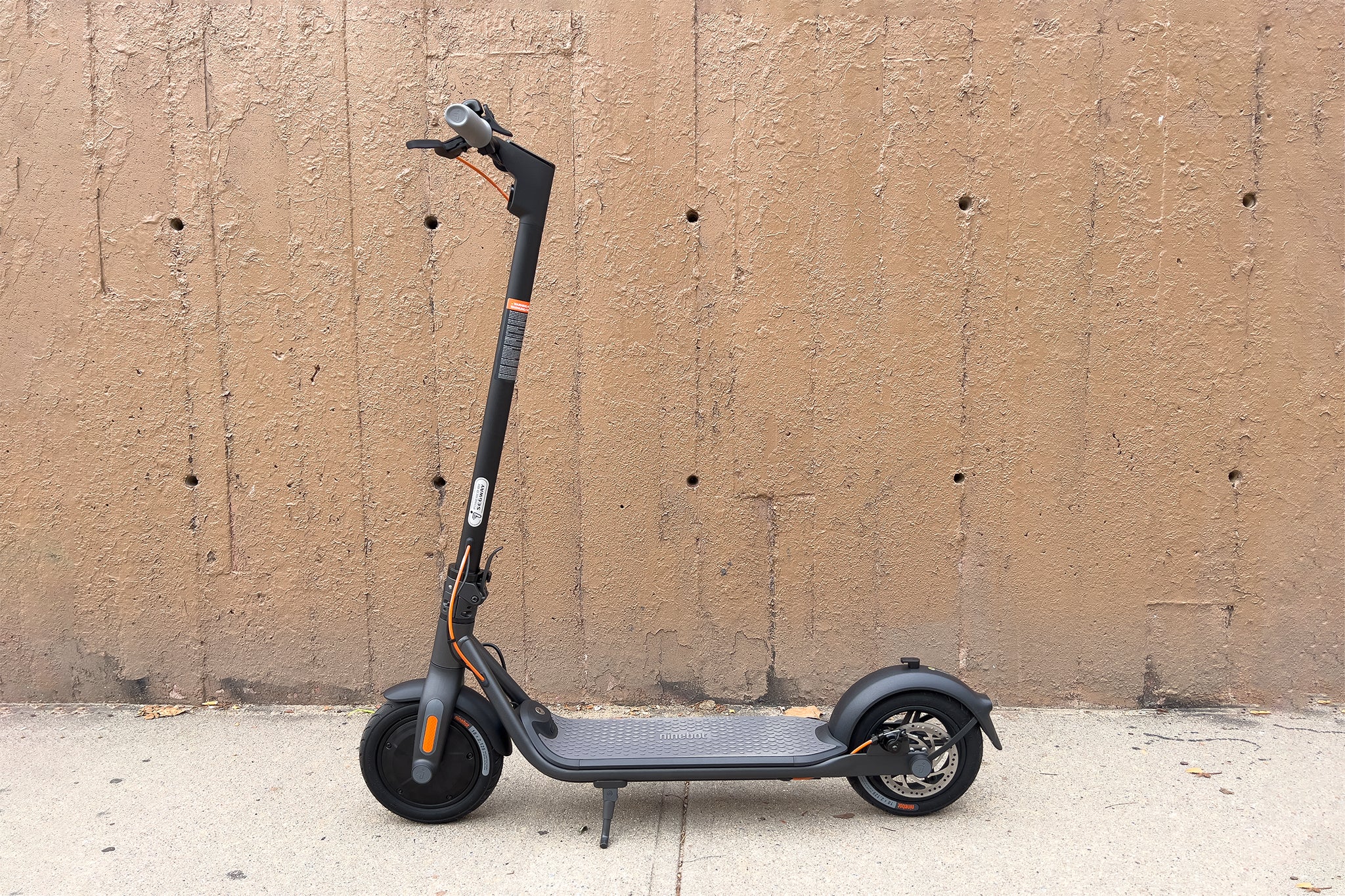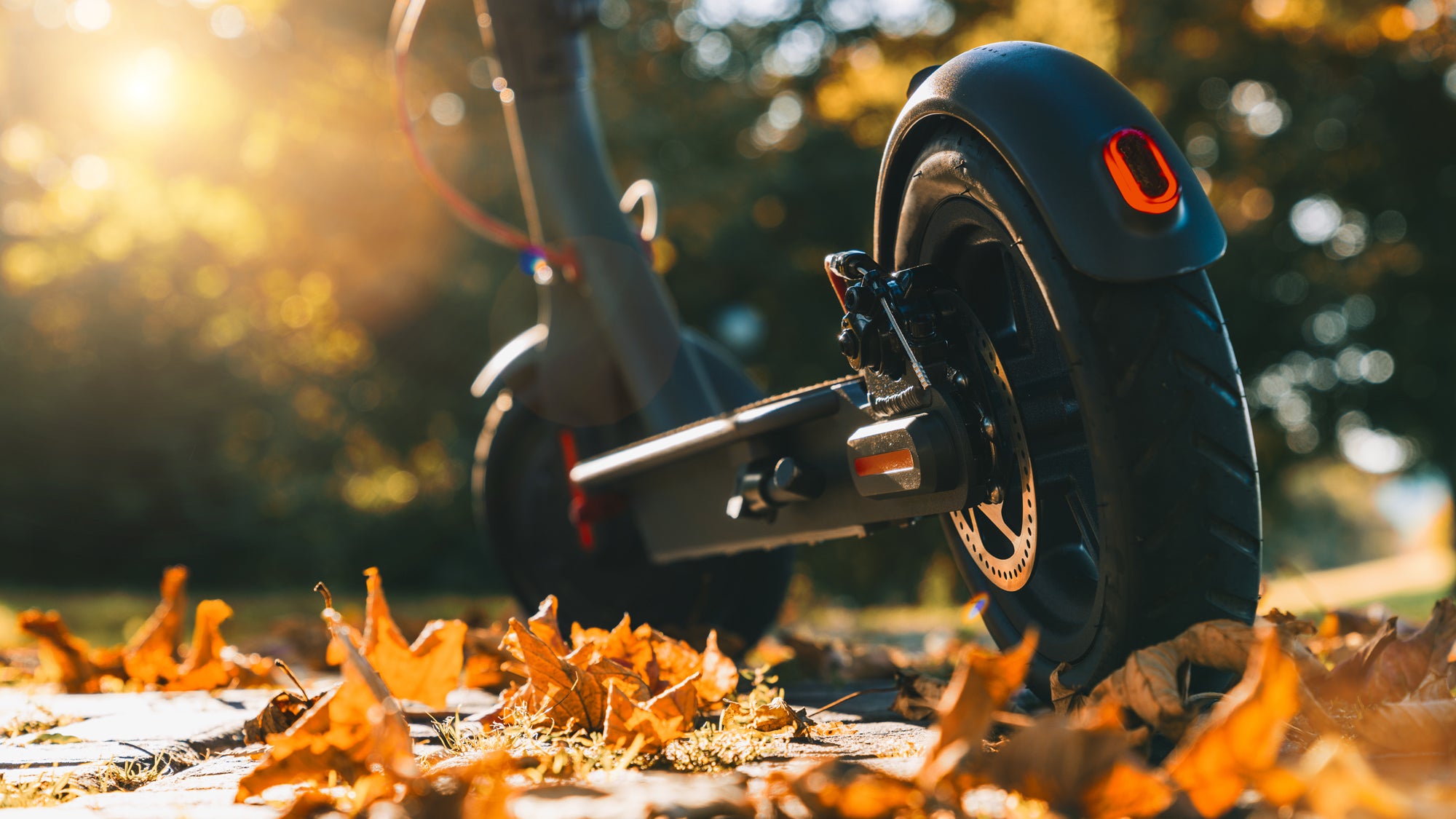A good quality electric scooter typically costs between $300 to $1,500.
Factors Influencing the Price of Electric Scooters
The cost of electric scooters can vary significantly based on several key factors. Understanding these can help you make a more informed decision when purchasing an electric scooter.
Build Quality and Material
- Durability: Scooters with high-quality materials such as aircraft-grade aluminum or carbon fiber are more durable and often more expensive. For example, a scooter frame made from carbon fiber can be lightweight yet robust, enhancing both portability and longevity.
- Aesthetics and Design: Sleeker designs with more attention to detail and aesthetic appeal can also add to the cost. For instance, a scooter with an elegantly integrated display or LED lighting may be pricier.
Motor Power and Performance
- Speed and Acceleration: Higher-powered motors, typically measured in watts, offer better speed and acceleration. A scooter with a 500W motor might reach speeds of up to 25 mph, while a 250W motor might only reach 15 mph.
- Climbing Ability: Motor power also affects the scooter’s ability to climb hills. A scooter with a 350W motor might struggle on inclines steeper than 10%, whereas a 500W motor can handle gradients of up to 20% more effectively.
Battery Life and Charging Time
- Range: A scooter with a long-range battery, possibly offering 25-40 miles on a single charge, is usually more expensive due to the higher quality and capacity of the battery.
- Battery Type and Quality: Lithium-ion batteries are common due to their efficiency and lifespan, typically lasting for 500 to 1000 charge cycles. The cost can increase with the battery’s capacity and quality.
Brand and Reputation
- Reliability and Trust: Established brands (Xiaomi, Segway, etc.) might charge more due to their market reputation for reliability and after-sales service.
Safety Features
- Braking Systems: Superior braking systems like disc brakes or ABS (Anti-lock Braking System) can increase the price. For instance, a scooter with a dual-disc braking system offers more effective stopping power than a basic e-brake, impacting both safety and price.
- Lighting and Signaling: Integrated lighting for night riding and turn signals also contribute to safety and, subsequently, the cost.
Additional Features (GPS, Smart Connectivity, etc.)
- Technology Integration: Features such as GPS tracking, Bluetooth connectivity, or a companion app for ride statistics and scooter health monitoring can raise the scooter’s price.
- Innovative Features: Some scooters might include unique features like regenerative braking, which recharges the battery while braking, enhancing efficiency and cost-effectiveness.
Price Ranges of Electric Scooters
The market for electric scooters offers a variety of models across different price ranges, catering to diverse needs and budgets. Prices generally reflect the scooter’s performance, features, durability, and brand reputation.
Entry-Level Electric Scooters
- Price Range: Typically ranges from $200 to $400.
- Features: Entry-level scooters usually come with smaller motors (around 250W) and basic batteries, offering speeds up to 15 mph with a range of 10 to 15 miles.
- Target Audience: Ideal for beginners or those who need a scooter for short, occasional trips.
- Drawbacks: Limited speed, range, and fewer features such as basic or no suspension, and simple braking systems.
Mid-Range Electric Scooters
- Price Range: These scooters can range from $400 to $800.
- Enhanced Specifications: Mid-range scooters typically offer more powerful motors (350W to 500W), providing higher speeds (up to 25 mph) and longer ranges (up to 20-30 miles).
- Better Features: Includes improvements like better suspension systems, more efficient braking (including disc brakes), and often water resistance.
- Value: Offers a balance between performance and cost, suitable for daily commuting and more frequent use.
High-End Electric Scooters
- Price Range: Prices can vary from $800 to $2,000.
- Advanced Performance: High-end models boast powerful motors (500W to 1000W+), high-capacity batteries, and speeds exceeding 30 mph with a range that can exceed 40 miles.
- Superior Features: High-quality materials, advanced suspension systems, superior braking systems, and extra features like integrated displays, GPS, and app connectivity are common.
- Usage: Aimed at enthusiasts and those using scooters for longer, more demanding commutes.
Custom or Luxury Models
- Price Range: Can start from $2,000 and go much higher.
- Customization: Luxury scooters offer options for customization in aesthetics, performance, and comfort. Buyers can often choose specific components, colors, and materials.
- Exclusive Features: Includes the highest-grade components, bespoke designs, top-notch speed and range specifications, and unique technological enhancements like removable batteries, solar charging panels, or even motorbike-grade performance.
- Market Positioning: These are more of a luxury item or performance vehicle than a simple commuting tool, targeting a niche segment of the market.
How to Determine Quality in Electric Scooters
When in the market for an electric scooter, determining its quality is crucial to ensure that it meets your needs and offers good value for your investment. There are several ways to assess the quality of electric scooters, focusing on specifications, brand comparisons, and reviews.
Understanding Specifications and Features
- Motor Power: Check the motor’s power, usually indicated in watts. A motor with higher wattage (such as 500W) typically delivers better performance in terms of speed and hill climbing ability compared to a 250W motor.
- Battery and Range: Look for the type of battery used (like lithium-ion) and its capacity, which will influence the range. A high-capacity battery can offer a range of 20-40 miles per charge.
- Build Quality: Examine the materials used in the scooter’s construction. Durable materials like aircraft-grade aluminum or steel contribute to longer lifespan and better stability.
- Safety Features: Key safety features include effective braking systems (disc brakes, regenerative braking), lighting (headlights, taillights), and stability (good-quality tires, suspension).
- Speed and Load Capacity: Evaluate the top speed and the maximum load capacity. A high-quality scooter usually can carry a load of around 220 to 320 pounds and reach speeds of 15-30 mph.
Comparing Scooter Brands and Models
- Brand Reputation: Researching brands (Segway, Xiaomi, etc.) can provide insights into reliability, durability, and after-sales service. Established brands often maintain consistent quality standards.
- Model Comparison: Compare models within your budget range across different brands. Look at factors like motor power, battery life, range, speed, and additional features like app connectivity or foldability.
- Price vs. Features: Balance the cost with the features provided. Sometimes, a higher price might be justified by superior build quality, better performance, and more features.
Reading User Reviews and Expert Opinions
- Customer Reviews: Customer reviews can provide real-world information about the scooter’s performance, reliability, and any recurring issues. Websites like Amazon, forums, and specialized e-scooter websites are good sources.
- Expert Reviews: Look for detailed reviews from experts in the field. These reviews often provide comprehensive assessments, covering performance, build quality, ease of use, and comparisons with similar models.
- Common Issues and Praise: Pay attention to commonly mentioned advantages and disadvantages in both user and expert reviews. Recurring issues in reviews can be a red flag, while consistent praise in certain areas (like battery life or ease of use) can indicate strong points of the scooter.
Where to Buy Quality Electric Scooters
Finding the right place to buy an electric scooter is as important as selecting the scooter itself. Different purchasing channels offer varying benefits, from price differences to after-sales support.
Online Retailers and Marketplaces
- Wide Selection: Online platforms like Amazon, eBay, or specialized e-scooter websites offer a broad range of brands and models. You can easily compare prices, features, and user reviews.
- Competitive Pricing: Online retailers often provide competitive pricing and seasonal discounts. Additionally, they might offer free shipping, adding to the cost-effectiveness.
- Convenience: Shopping online is convenient as you can order from anywhere without needing to visit a physical store. Detailed product descriptions and reviews help in making an informed decision.
- Considerations: The downside includes the inability to physically test the scooter before purchase and potential variability in after-sales service depending on the seller.
Local Dealerships and Specialty Stores
- Test Rides and Immediate Feel: Specialty electric scooter stores or local dealerships allow for test rides, giving you a direct feel of different models. This hands-on experience can be crucial in choosing the right scooter.
- Expert Advice: These stores often have knowledgeable staff who can provide insights and recommendations based on your specific needs.
- After-Sales Support: Buying from a local store usually ensures more reliable after-sales support, including easier access to repairs and maintenance services.
- Pricing: Physical stores may have higher prices compared to online retailers, reflecting their additional overhead costs. However, the immediate availability of the product and the added value of personal customer service can justify the extra expense.
Second-Hand Markets: Pros and Cons
- Lower Prices: Buying a second-hand electric scooter can be significantly cheaper than purchasing a new one. Websites like Craigslist, eBay, or local classified ads are popular places to find used scooters.
- Pros: It’s a cost-effective option, especially for budget buyers or first-time users not wanting to invest heavily.
- Cons: There are risks involved in terms of quality, battery life, and potential hidden damages. The remaining lifespan of the scooter and battery is also a concern.
- Inspection is Key: If opting for a second-hand scooter, conducting a thorough inspection is crucial. Check for signs of wear and tear, test the scooter’s performance, including speed and brakes, and inquire about its history, including any repairs or issues.



